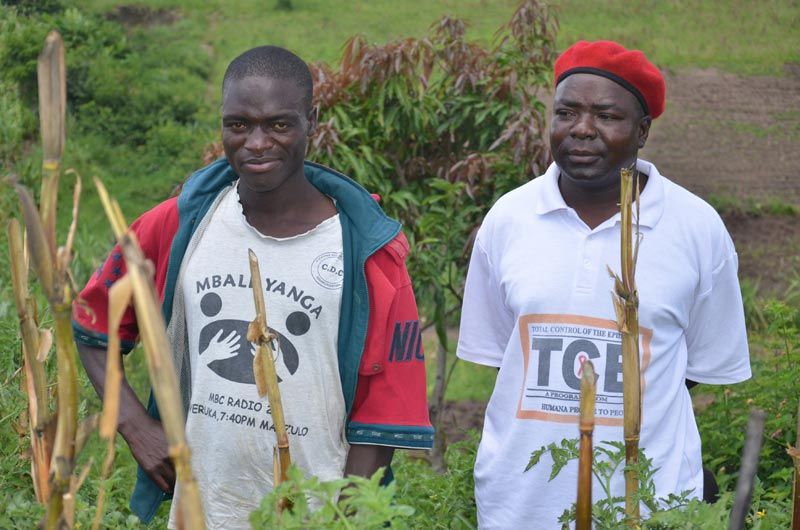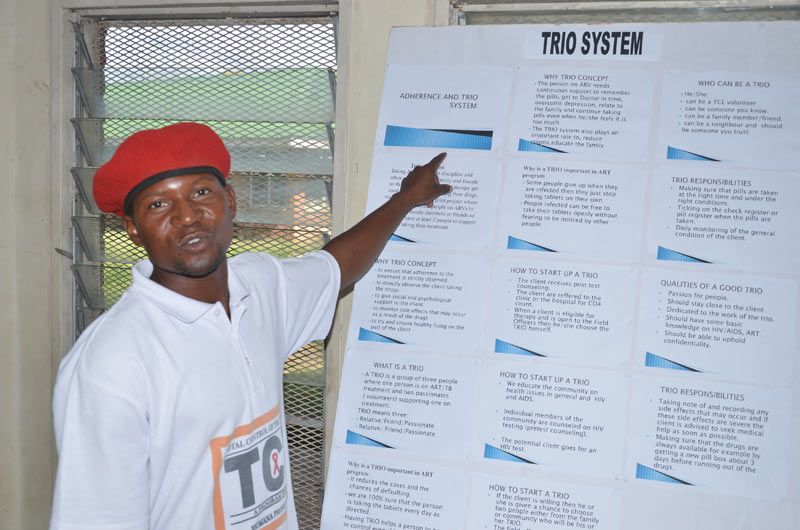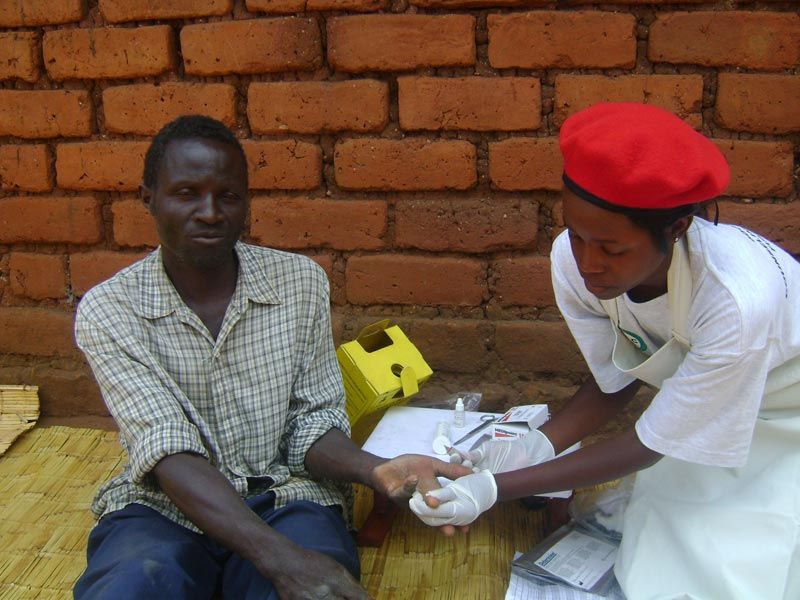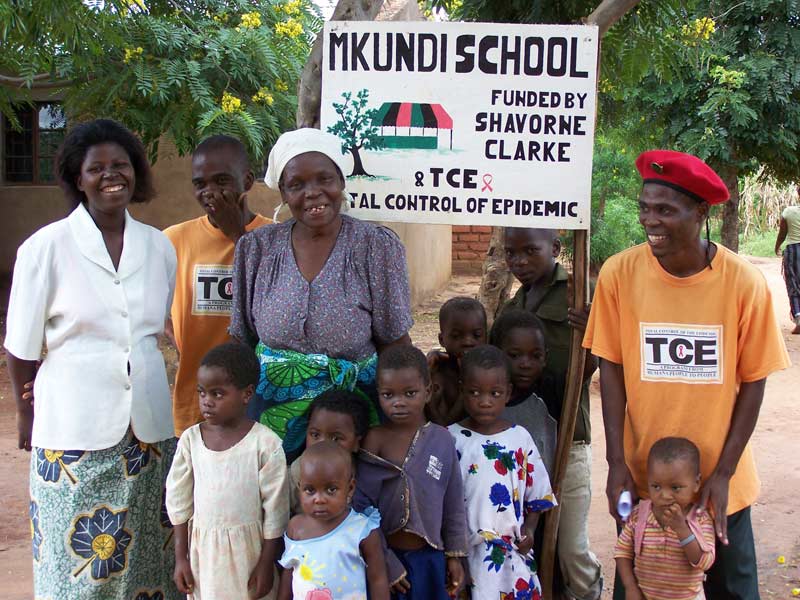Health: Combating HIV, AIDS and TB, Malaria, Nutrition and Pandemics with TCE
DAPP began its work to tackle the HIV/AIDS epidemic in 1998 when its first HOPE project was launched. HOPE established community HIV clinics which served as resource hubs and activity centers for everyone in a given community. Building on this work, DAPP has worked closely with the Malawi Government since 2007 to combat and prevent the spread of HIV/AIDS, tuberculosis (TB), and malaria through its innovative program, Total Control of the Epidemic (TCE). TCE is a comprehensive and systematic HIV/AIDS prevention and care model that combines counselling, field-testing, education, and community mobilization. The program utilizes a door-to-door and interpersonal campaign that encourages lifestyle changes and preventive behaviour, reaching every individual and household within a prescribed area over period of time.
The TCE program reached more than 1.500.000 people with HIV information and, 810,421 were counselled on risks of infection, and 508,078 people were tested for HIV; 16% tested as couples and 46% of the total number of people tested were men.
The approach has also helped in the reduction of TB spread by raising awareness, community mobilization and increasing both access and demand to TB and HIV testing and case detections. The project ensured follow ups and support for clients to adhere to treatment through family TRIO (two family members supporting HIV/TB patients on treatment for adherence).
The project targeted more than 20,000 Adolescent Girls and Young Women (AGYW), 30 teachers / tutors and matrons in private secondary schools and tertiary education institutions. The project aimed at providing correct information on HIV prevention, teenage pregnancy and SRHR, to empower AGYW to acquire the relevant knowledge, skills and right attitude to reduce their risk and vulnerability to HIV infection. The project facilitates the establishment of clubs to create opportunities for AGYW to share knowledge and experiences.
The Community leaders, the Parents and Teachers’ Associations (PTA) from the targeted institutions were trained / oriented to improve knowledge and skills on SRHR for AGYW to champion modification of harmful cultural practices (i.e. early marriage, sexual cleansing rituals, etc.)
SRHR radio programs were used to provide opportunities for AGYW to discuss SRHR issues and at the same time increasing knowledge levels. AGYW were trained as peer educators and club matrons were trained to provide counselling to AGYW, encourage them to test for HIV, and ensure that they have access to testing and counselling services and supported to adhere to treatment
Nutrition
DAPP Malawi supports the Government’s efforts to reduce child stunting and; maternal and child anaemia through enhancing maternal and child nutrition service delivery at community level and by strengthening existing local development committees.
Since 2013, DAPP’s nutrition efforts have reached 910,000 people with information about food, nutrition and child feeding practices. DAPP also established 5,500 backyard gardens for pregnant women and people living with HIV AIDS patients to grow fruits and vegetables. Over 11,000 cooking demonstrations have been done to teach families how they can prepare meals that have the necessary six food groups.





